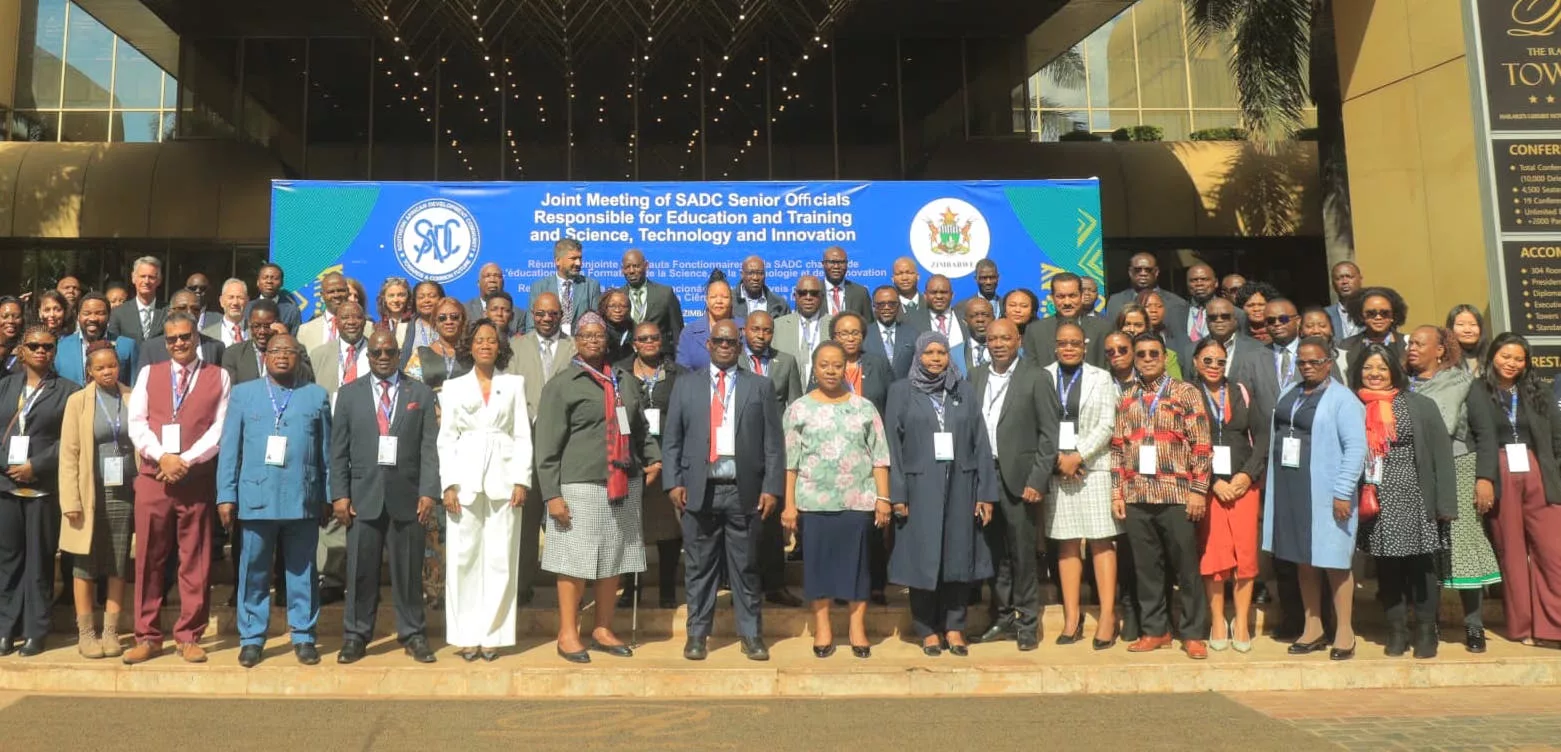|
Getting your Trinity Audio player ready...
|
Promoting sustainable building practices contributes to the Nationally Determined Contributions (NDCs), it has emerged.
The UN-Habitat in collaboration with the Green Building Council of Zimbabwe (GBCZ) hosted the awareness and advocacy workshop aimed at promoting sustainable building practices that contribute to the Nationally Determined Contributions (NDCs) of Zimbabwe highlighting success stories from other countries presented by Singaporean and Rwandan based experts in rating and certification tools with vast experience in green buildings rating and certification. This workshop focused on how buildings can play a pivotal role in reducing greenhouse gas (GHG) emissions through various sustainable built practices.
Addressing delegates at a workshop held under the theme “Decarbonising the built environment: Aligning national targets and implementation plan” at the Harare International Conference Centre (HICC) on 07 February 2025, Mr. Mike Eric Juru, the Chairman of the Green Building Council of Zimbabwe (GBCZ) underscored the importance of promoting sustainable environmental practices, focusing on Innovative Strategies for Reducing Carbon Emissions in the Built Environment and the Role of Nationally Determined Contributions (NDCs) in Decarbonizing Zimbabwe.
“The built environment has been identified as one of the key contributors to greenhouse gas emissions (40%), which is the main cause of climate change. Global leadership has acknowledged the urgent need for climate action, including mitigation, and adaptation. As a mitigation strategy, Zimbabwe ratified the Paris Agreement, where countries set their targets for reducing GHG emissions through NDCs. We are here to engage key stakeholders to explore cutting-edge solutions for carbon emission reductions within Zimbabwe’s built environment.
“Additionally, we will highlight the progress on the Harare Sustainable Cities Initiative (HSCI) project and the role of rating tools in the built environment towards achieving set NDCs for Zimbabwe, further advancing the country’s commitment to sustainable development,” Mr Juru said.






